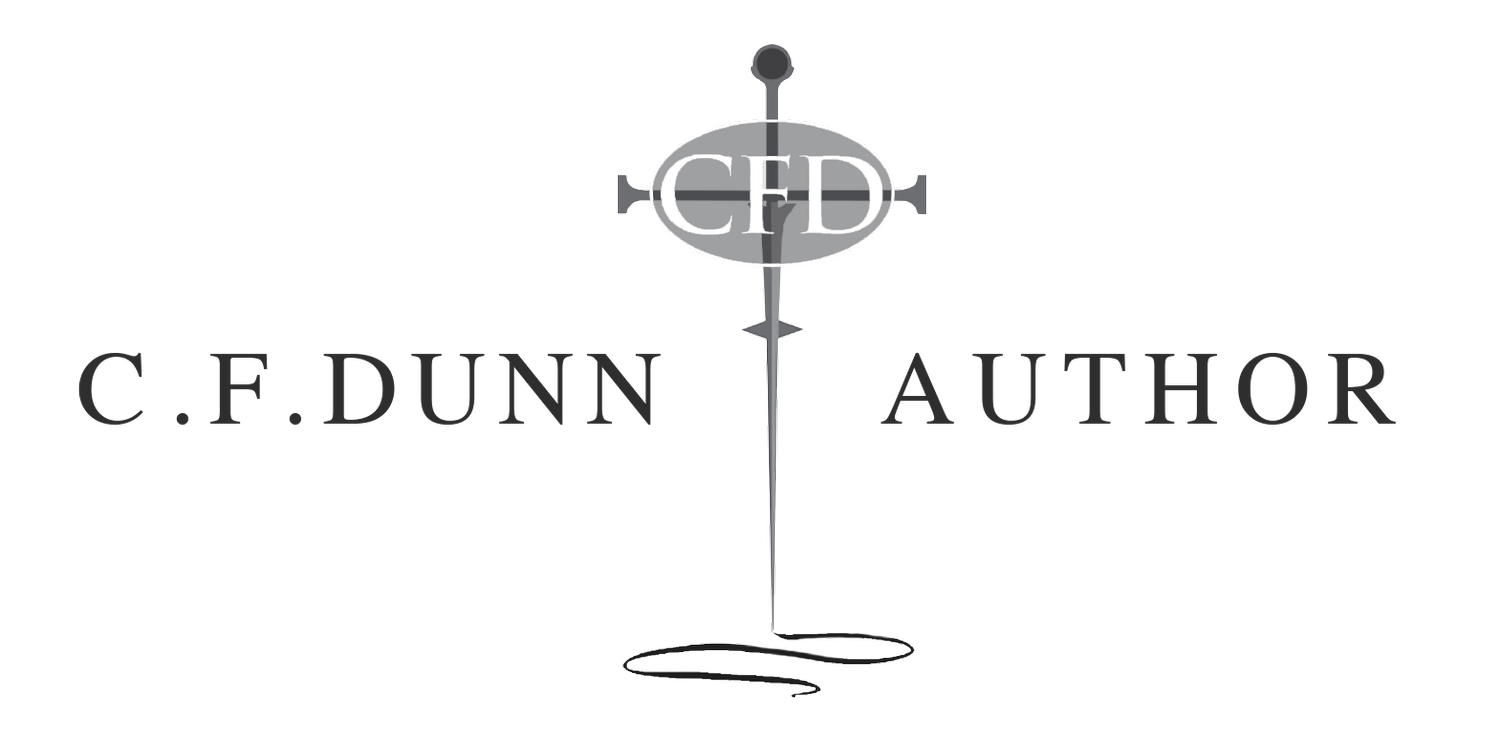Here We Come A-Caroling
Have you ever wondered why we sing carols? I am drawn to those that spin me straight back to the medieval and Renaissance past. But where does the tradition of singing songs at Christmas originate and what do they mean to you?
Although we now identify carols with Christmas, the origin of the words comes from Old French carole, a circle of dancers singing as they hold hands, much as we associate with traditional country dancing today. As a result, caroles might be performed at any time of year and could be decidedly bawdy in nature. Many, however, referred to the Virgin Mary and Jesus’s birth, so over time increasingly became linked to the festivities surrounding Yule and Christ’s Mass.
During the Middle Ages, some forms - such as the haunting Veni Redemptor Gentium by 4th-century Ambrose of Milan - were popularly sung in plainchant at the time of the Christmas celebration.
As the veneration of Mary grew in popularity through the twelfth and thirteenth centuries, so did carols, combining everyday language and Latin texts. Although the melodies have been simplified from the complex forms used by our medieval ancestors, the words remain comfortingly familiar.
I am drawn to those carols that spin me straight back to the medieval and Renaissance past, songs such as Make We Joy Now In This Fest from the Seldon manuscript C1450, and the Boar’s Head Carol, which uses both Latin and the vernacular in a rowdy celebration of the feast.
“The boar’s head in hand bear I,
Bedeck’d with bays and rosemary.
And I pray you, my masters, be merry
Quot estis in convivio.”
Then I can’t help smiling when I hear the cheerful Gaudete, or quietening at the thoughtful Coventry Carol, both reflecting the duel nature of the season as one of merrymaking and reflection.
Carols mean different things to different people, but most of us have one or two that evoke Christmas like none other. Do you have a favourite?

